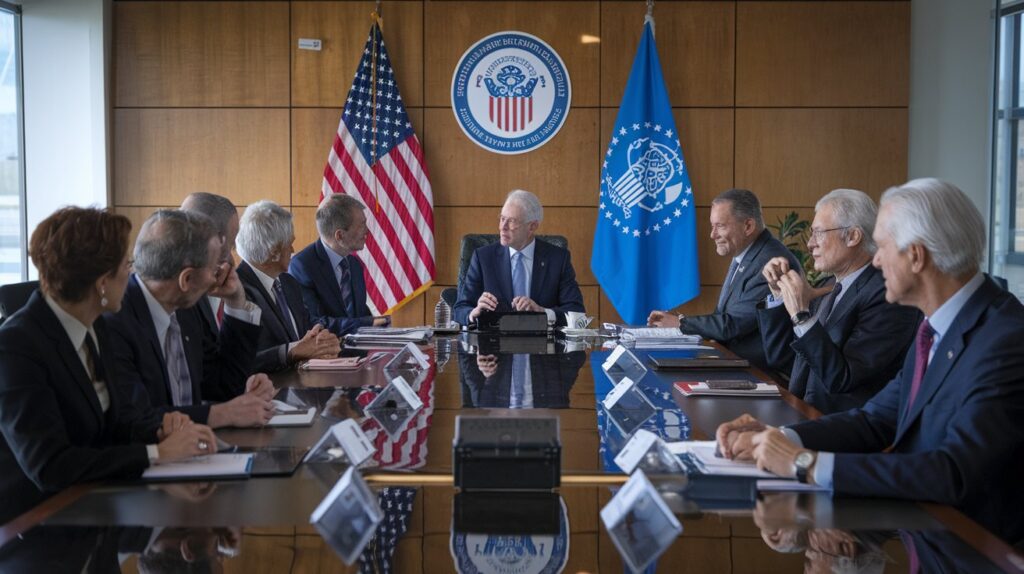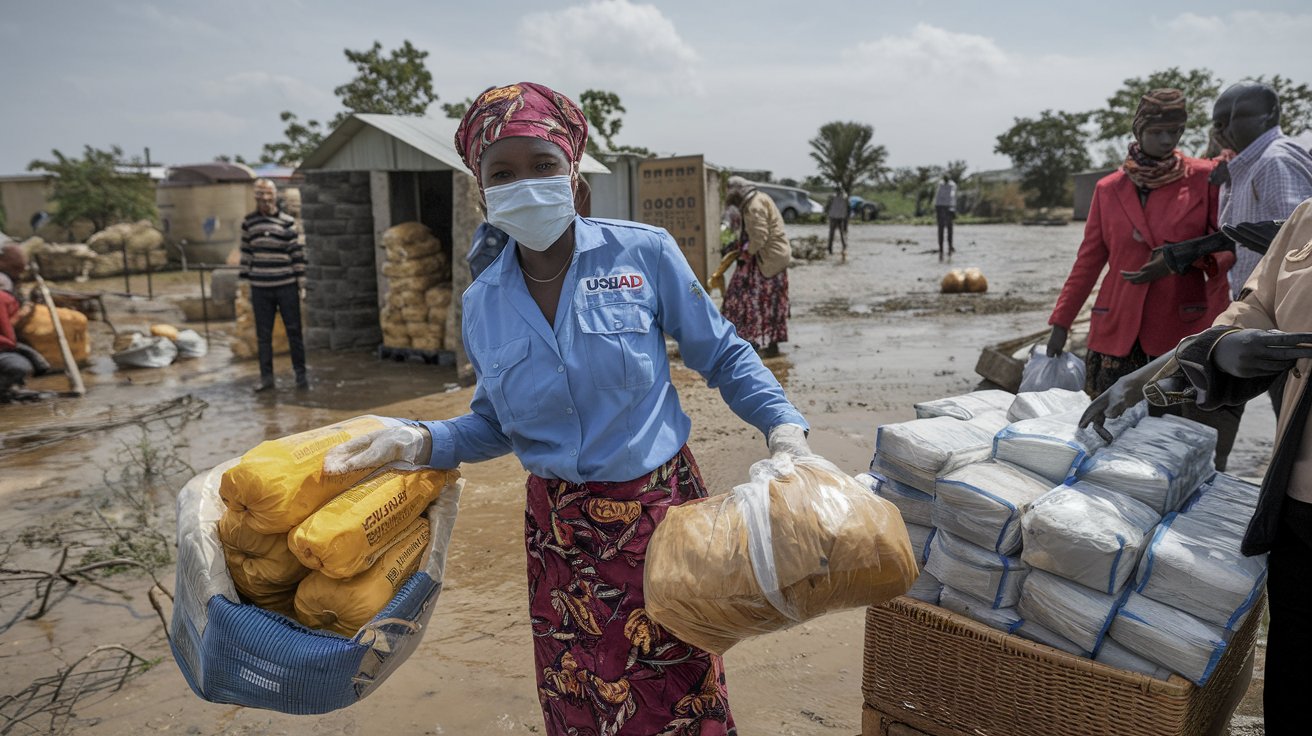Trump Administration Directs USAID to Prioritize ‘America First’ in Foreign Aid: A Comprehensive Analysis
The Trump administration has taken a bold step by instructing the U.S. Agency for International Development (USAID) to adopt an “America First” approach in its foreign aid programs. This policy shift, outlined in a recently leaked internal memo, emphasizes aligning USAID’s efforts with U.S. national interests, sparking both support and criticism from stakeholders worldwide.
The Policy Shift: What It Means for U.S. Foreign Aid
On January 24, 2025, President Donald Trump signed an executive order mandating a 90-day freeze on most foreign aid programs administered by the State Department. Key exemptions include emergency food assistance and military aid to allies such as Israel and Egypt. This move aligns with the administration’s overarching “America First” strategy, aiming to reevaluate and streamline aid initiatives to benefit U.S. citizens and interests.
However, the freeze has created significant challenges for USAID and its partners. Programs addressing global health crises, food insecurity, and landmine removal have been halted or delayed, leaving millions of vulnerable people in limbo. Critics argue that such disruptions could undermine U.S. global influence and weaken humanitarian efforts.
Administrative Shakeup: Internal Investigations at USAID
In a surprising development, over 50 senior USAID officials were placed on administrative leave amid allegations of non-compliance with the executive order. This action, unprecedented in USAID’s history, underscores the administration’s commitment to enforcing its policies but has also raised questions about the impact on the agency’s functionality.

Humanitarian organizations have voiced concerns that these measures could severely affect life-saving aid programs. For example, HIV treatment initiatives in sub-Saharan Africa and emergency food aid in famine-stricken regions like Sudan face significant uncertainty.
Global Implications and Reactions
The “America First” directive has prompted mixed reactions from the international community. Supporters argue that it ensures taxpayer dollars are spent in alignment with national priorities. Critics, however, warn that reducing foreign aid could destabilize regions, embolden adversaries, and harm America’s reputation as a global leader in humanitarian efforts.
The Future of U.S. Foreign Aid
As aid organizations scramble to secure waivers and adapt to the new policy landscape, the broader implications of this shift remain uncertain. While the administration’s focus on prioritizing U.S. interests is clear, questions about the long-term impact on global stability and America’s role in international development persist.
Conclusion
In conclusion, the Trump administration’s “America First” foreign aid policy marks a significant shift in how the United States approaches its role in global humanitarian efforts. By prioritizing U.S. interests, the administration aims to align taxpayer-funded initiatives with national priorities. However, this approach has sparked intense debate, highlighting the balance between addressing domestic needs and maintaining America’s leadership on the world stage.
As we’ve explored, this policy has far-reaching implications, from disrupting vital programs like HIV treatment in Africa to raising questions about the long-term sustainability of U.S. international aid programs. Whether you support or critique these changes, it’s clear that the “America First” directive will reshape global perceptions of U.S. foreign aid.
Now, it’s your turn to reflect: How should the U.S. balance national interests with global responsibilities? Share your thoughts in the comments below, and don’t forget to explore our related articles for more insights on U.S. foreign aid policies. Stay informed by subscribing for updates on critical global issues and their impact on America’s role in the world.
Remember, understanding these shifts isn’t just about staying updated—it’s about recognizing how policies shape the future, both at home and abroad. Together, we can navigate this complex landscape and contribute to a more informed, engaged conversation about the future of U.S. international aid programs. [USnewSphere.com]








